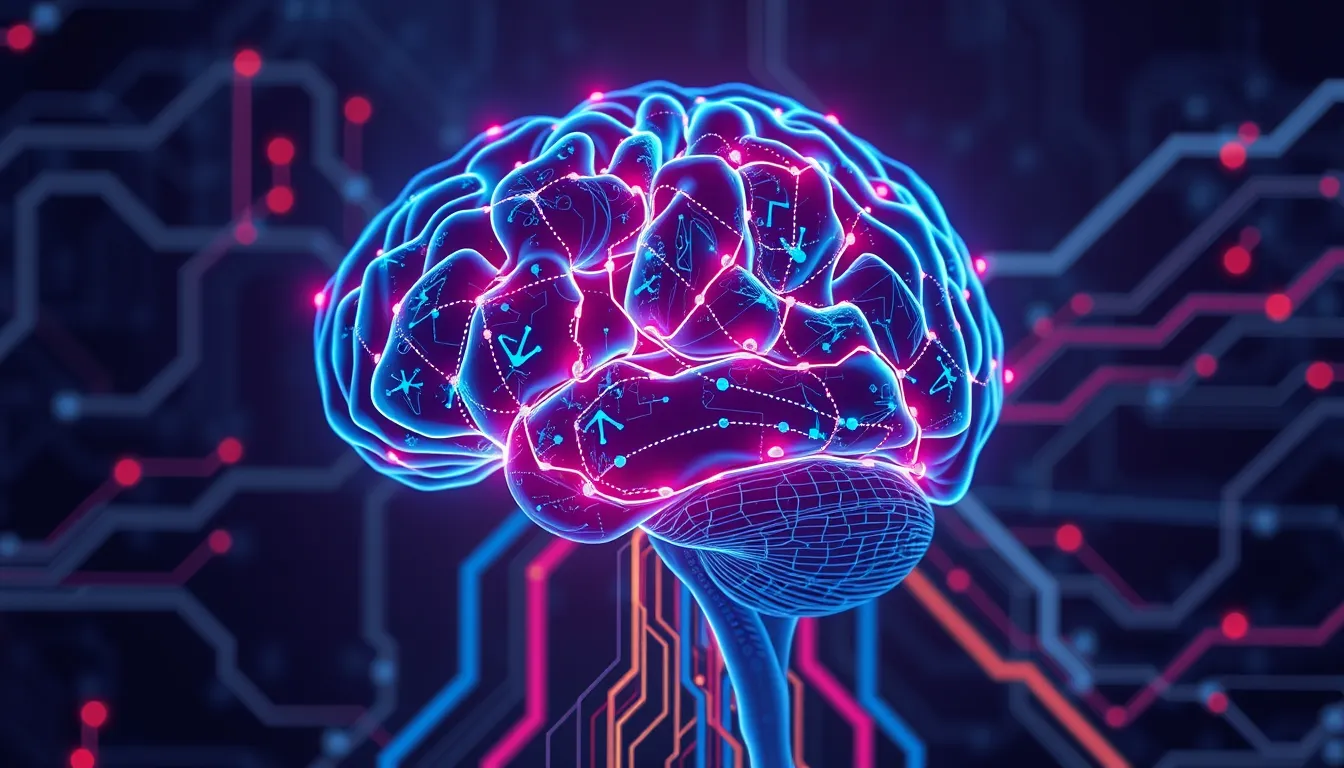Now Reading: Transforming Care: Chatbots in Digital Mental Health Therapy
-
01
Transforming Care: Chatbots in Digital Mental Health Therapy
Transforming Care: Chatbots in Digital Mental Health Therapy

Transforming Care: Chatbots in Digital Mental Health Therapy
In today’s fast-evolving digital landscape, technology continues to reshape how we approach mental health support. Chatbots and AI chatbots are at the forefront of this transformation, emerging as digital companions that offer preliminary support through digital therapy. As traditional methods sometimes struggle to meet rising demand, these virtual assistants provide immediate, accessible, and nonjudgmental interaction that resonates with many who might otherwise feel isolated.
Understanding AI Chatbots and Their Role in Therapy
The integration of chatbots into mental health care is not just a trend—it is a significant leap toward a more accessible future in digital mental health. By using advanced algorithms and natural language processing, these digital tools deliver real-time responses that can help alleviate feelings of loneliness and anxiety. They serve as the first line of support, especially in regions where professional help may be limited or feel out of reach.
Chatbots in Digital Mental Health
The term “chatbots in digital mental health” encapsulates the promise of AI-driven interactions that can bridge the gap between traditional therapy and modern technology. Here are some key benefits:
- Immediate Availability: Unlike scheduled appointments, chatbots are available 24/7, offering instant support during moments of crisis or distress.
- Nonjudgmental Support: Users often feel more comfortable disclosing personal information to a chatbot, free from real-world judgment.
- Accessibility: Digital therapy via chatbots can reach remote or underserved populations where conventional mental health services are scarce.
While these benefits are compelling, it is essential to address how digital mental health technologies can be responsibly integrated into the care continuum.
Ethical and Privacy Considerations
As chatbots in digital mental health gain traction, ethical implications and privacy concerns naturally emerge. When sensitive personal data is shared through digital platforms, strong protection measures must be in place to secure this information. Issues such as consent, confidentiality, and data ownership underline the importance of stringent cybersecurity protocols.
Balancing Benefits and Concerns
Therapists and AI experts alike advocate for a balanced approach. While digital solutions offer a first step toward broader mental health accessibility, they should not replace hands-on, empathetic care provided by trained professionals. For more information on secure data practices, organizations like the World Health Organization provide useful guidelines and recommendations.
Expanding the Role of Digital Therapy
Addressing both the positive impacts and limitations, the evolution of digital therapy continues to prompt critical discussion. Chatbots in digital mental health are increasingly recognized for their potential contributions, yet there is consensus that these AI tools should be integrated as part of a larger, holistic system of care. This includes:
- Supplementing Traditional Therapy: Using chatbots as an adjunct to professional therapy can offer consistent support between sessions.
- Enhancing Digital Mental Health Literacy: By demystifying the technology behind AI mental health support, users can better understand how to use these tools safely and effectively.
- Establishing Robust Ethical Guidelines: Collaboration between developers, mental health professionals, and regulators is essential to create a framework that respects both innovation and user safety.
Potential Challenges and The Road Ahead
Despite the promising outlook, several challenges need to be addressed. The reliance on algorithms means that chatbots in digital mental health may lack the nuanced understanding inherent in human interaction. Ethical dilemmas, such as those related to privacy and decision-making in crisis situations, remain at the forefront of debates among professionals.
Nevertheless, the future of digital mental health is bright. As technology evolves, more refined chatbot systems are expected to emerge, with improved emotional intelligence and ethical programming. These advancements could lead to more personalized interactions that effectively support mental well-being.
Conclusion
The rise of chatbots and AI chatbots in digital therapy represents a notable shift in how mental health care is delivered. By leveraging technology, we can offer a lifeline to many individuals who may feel marginalized by traditional care systems. However, with this promise comes the responsibility to address privacy concerns and ethical issues thoughtfully. Integrating chatbots in digital mental health into established care models can pave the way for innovative, accessible, and compassionate mental health support. Meanwhile, collaboration among technology developers, mental health professionals, and regulatory bodies remains essential to ensure these tools are used safely and effectively.
For further reading on digital mental health innovations, check out resources from the National Institute of Mental Health. This continuous dialogue between technology and human care ensures that while we embrace new digital advancements, the timeless need for genuine human connection is never compromised.

























